detail profile terence davies
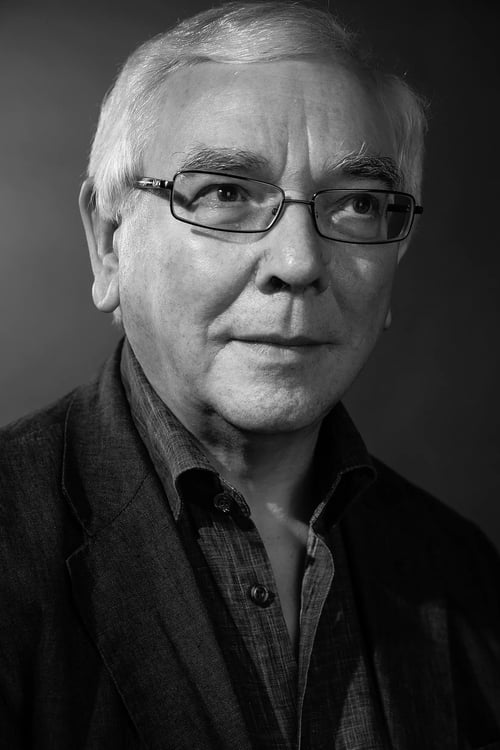
Riwayat Hidup
Terence Davies (10 November 1945 — 7 October 2023) was an English writer-director and former novelist.
As a filmmaker, Davies is noted for his recurring themes of emotional (and sometimes physical) endurance, the influence of memory on everyday life and the potentially crippling effects of dogmatic religiosity on the emotional life of individuals and societies.
Stylistically, Davies' works are notable for their symmetrical compositions, "symphonic" structure and measured pace.
Info Pribadi
Peran Yang Di Mainkan Terence Davies
 A lyric documentary about home time...
A lyric documentary about home time...Home! Home! 2024
A lyric documentary about home, time, memory and mortality, written by Terence Davies and realised posthumously by the PASSING TIME team, produced for the Centre Pompidou's complete retrospective.
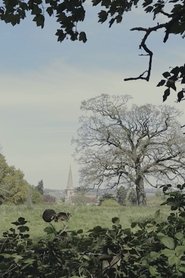 From the music of Uruguayan composer...
From the music of Uruguayan composer...Passing Time 2023
From the music of Uruguayan composer Florencia Di Concilio, English filmmaker Terence Davies does a cinematic reading of his own poem about his late sister, delivered over a single serene shot of the countryside near his home in Essex. This short film is part of the 2x25 Project of Film Fest Gent and the World Soundtrack Awards. The project commissioned 25 composers to compose a short piece of music, after which 25 filmmakers made short films that are the ultimate symbioses of music and cinematography, fitting completely within the DNA of the festival. The result: 25 exceptional films where the music inspired the form, narrative and texture.
 Poet Siegfried Sassoon survived the horrors...
Poet Siegfried Sassoon survived the horrors...Benediction 2021
Poet Siegfried Sassoon survived the horrors of fighting in the First World War and was decorated for his bravery, but became a vocal critic of the government's continuation of the war when he returned from service. Adored by members of the aristocracy as well as stars of London's literary and stage world, he embarked on affairs with several men as he attempted to come to terms with his homosexuality.
 The wife of a British Judge...
The wife of a British Judge...The Deep Blue Sea 2011
The wife of a British Judge is caught in a self-destructive love affair with a Royal Air Force pilot.
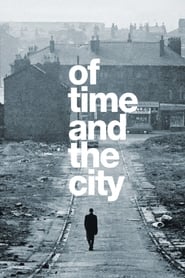 British director Terence Davies reflects on...
British director Terence Davies reflects on...Of Time and the City 2008
British director Terence Davies reflects on his birthplace of Liverpool - his memories of growing up there and how it has changed in the years since - in the process meditating on the internal struggles and conflicts that have wracked him throughout his life and the history of England during the second half of the 20th century.
 Doris Day has often been dismissed...
Doris Day has often been dismissed...Doris Day: Virgin Territory 2007
Doris Day has often been dismissed as an actress and overlooked as a singer, despite career highs such as Calamity Jane and Pillow Talk. Covering her early years as a band singer, and her troubled private life, this documentary re-evaluates one of the screen's most enduring legends.
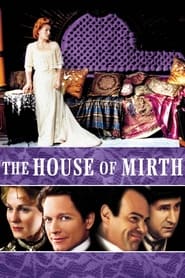 In early 20th century New York...
In early 20th century New York...The House of Mirth 2000
In early 20th century New York City, an impoverished socialite desperately seeks a suitable husband as she gradually finds herself betrayed by her friends and exiled from high society.
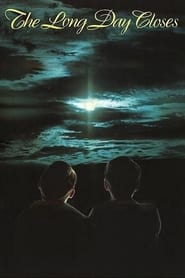 Bud is a lonely and quiet...
Bud is a lonely and quiet...The Long Day Closes 1992
Bud is a lonely and quiet boy whose moments of solace occur when he sits in rapture at the local cinema, watching towering and iconic figures on the movie screen. The movies give Bud the strength to get through another day as he deals with his oppressive school environment and his burgeoning homosexuality.
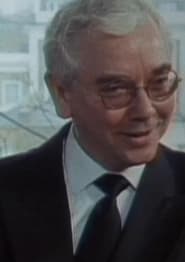 Television documentary about British film director...
Television documentary about British film director...The South Bank Show: Terence Davies 1992
Television documentary about British film director Terence Davies and his film "The Long Day Closes."
 Siblings Maisie and Tony along with...
Siblings Maisie and Tony along with...Distant Voices, Still Lives 1988
Siblings Maisie and Tony, along with their mother, gather for their sister Eileen's wedding. It is a joyous occasion, but through flashbacks, it becomes clear that the family was not always happy. Their father was physically abusive to his wife and left the children emotionally traumatized. As a result, the children have grown into unhappy adults, looking for love they didn't receive when they were young.
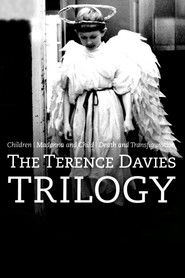 In stark black and white Terence...
In stark black and white Terence...The Terence Davies Trilogy 1983
In stark black and white, Terence Davies excavates the life of his fictional alter ego, Robert Tucker, in a narrative that slips between childhood, middle age and death, shaping the raw materials of his own life into a rich tapestry of experiences and impressions.
 Robert Tucker a young gay man...
Robert Tucker a young gay man...Children 1976
Robert Tucker, a young gay man who is almost without affect, sits in various waiting rooms. As he sits, he recalls events from the year of his childhood when his father dies. He's ten or eleven that year, picked on by bullies at the Catholic school he attends. He seems friendless. At home, his mother is quiet, his father is ill and angry. After his father's death, there's a wake, the coffin arrives, the body is removed. The lad grieves, alone.
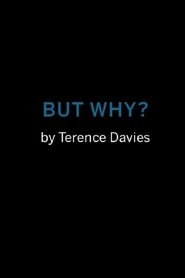 An elegy to time and life...
An elegy to time and life...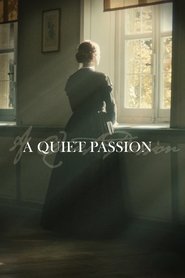 The story of American poet Emily...
The story of American poet Emily... The daughter of a Scottish farmer...
The daughter of a Scottish farmer...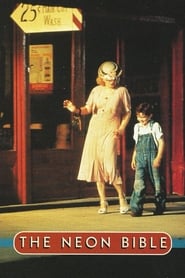 During a train ride a teenager...
During a train ride a teenager... A British man on his deathbed...
A British man on his deathbed...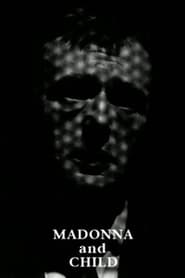 A middleaged British man struggles to...
A middleaged British man struggles to...